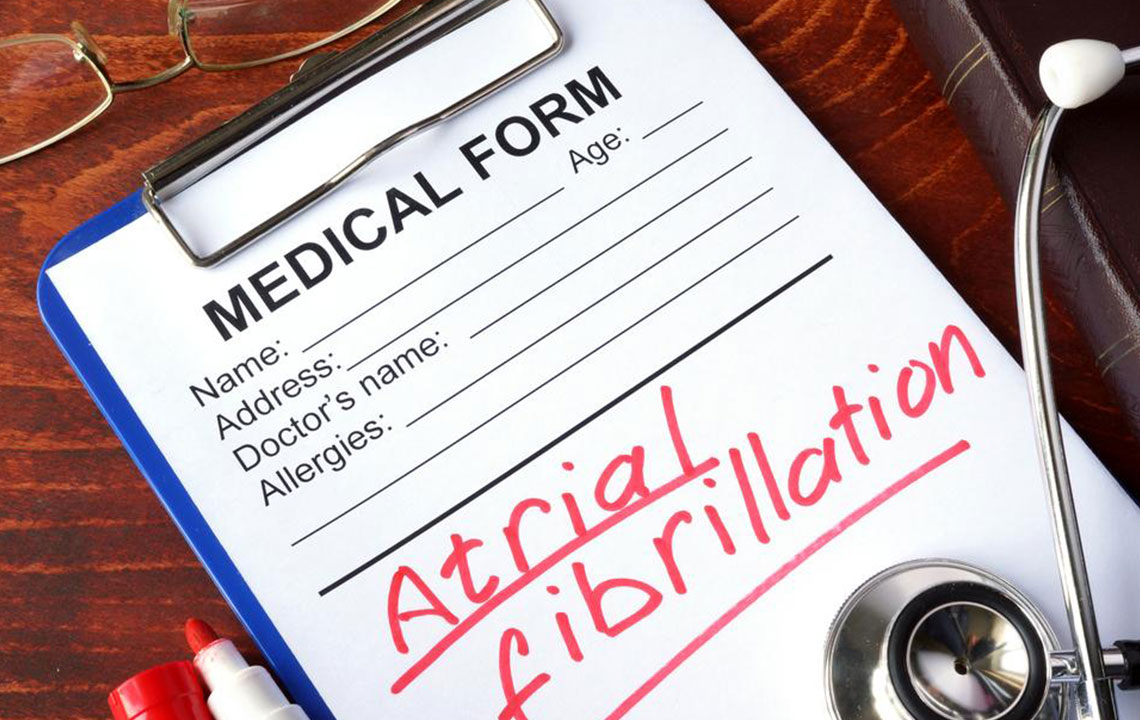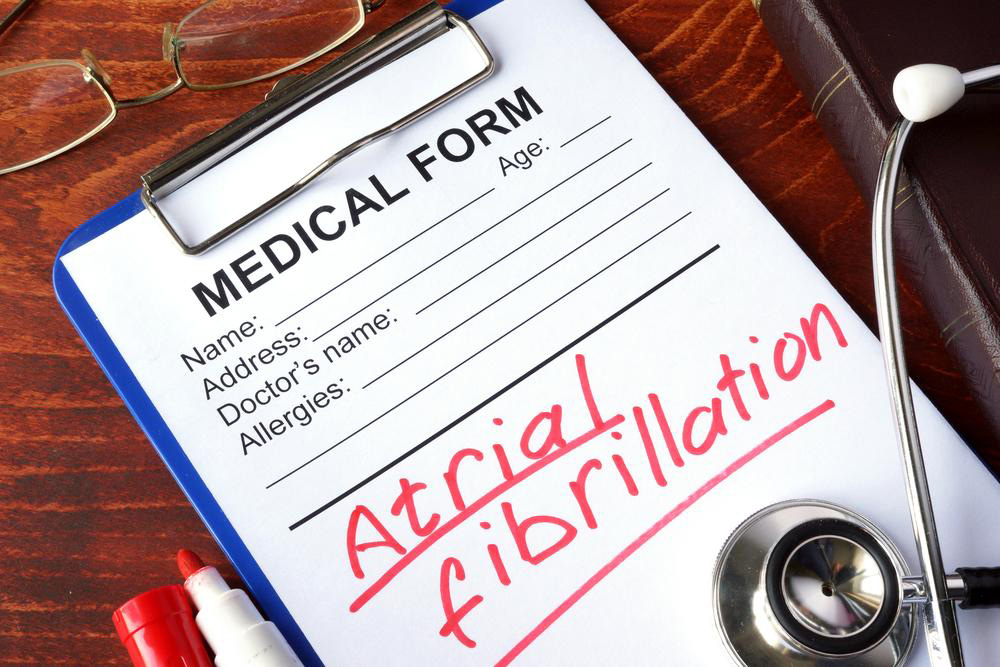Effective Strategies for Managing Atrial Fibrillation and Protecting Your Heart
Learn about atrial fibrillation, its symptoms, types, and effective treatment options including medication and surgical procedures. Early diagnosis and proper management are crucial for safeguarding heart health and preventing serious complications. This comprehensive guide helps patients understand their condition and available therapies to improve quality of life.

Managing Atrial Fibrillation: Techniques to Protect Your Heart and Improve Quality of Life
Atrial fibrillation, also called Afib, is a heart rhythm disorder characterized by irregular and often rapid heartbeat. This condition can lead to serious health issues such as strokes, heart failure, and blood clots. Recognizing the symptoms early can be challenging, as some individuals remain asymptomatic. When symptoms do appear, they may include chest discomfort, dizziness, fatigue, reduced exercise capacity, and irregular palpitations. Proper diagnosis and tailored treatment are essential for managing Afib effectively.
Types of Atrial Fibrillation
Paroxysmal Afib: Short episodes lasting minutes to hours that resolve spontaneously.
Persistent Afib: Continuous irregular heartbeat needing medical intervention.
Long-standing Persistent: Lasts over a year, requiring ongoing management.
Permanent Afib: Irregular rhythm that cannot be restored to normal, requiring lifelong medication.
Available Treatment Options
Choosing the right treatment depends on the type and severity of Afib. Common approaches include:
Medications
Blood Thinners: Drugs such as warfarin, dabigatran, rivaroxaban, edoxaban, apixaban, and sometimes aspirin help prevent blood clots.
Heart Rate Control: Beta blockers (e.g., atenolol, bisoprolol), calcium channel blockers (diltiazem, verapamil), and digoxin help slow down the heart rate.
Surgical Interventions
Pacemaker Implantation: Helps regulate abnormal rhythms through a surgically placed device.
Maze Procedure: An advanced surgical technique that creates scar tissue to restore normal heart rhythm.
Remember, discontinuing medications without medical advice can be dangerous. Consulting with a healthcare professional ensures an effective and safe treatment plan. Early diagnosis and appropriate management are key to minimizing risks and improving life quality for individuals with Afib.
Note:
The information provided aims to inform readers about atrial fibrillation management options. For personalized advice, consult a healthcare provider. The site should not replace professional medical consultation or treatment decisions.










